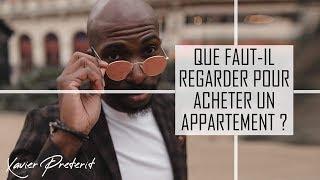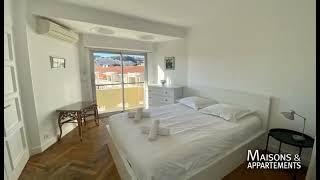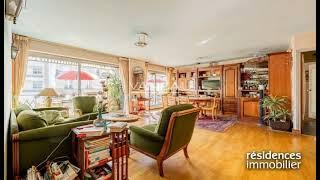Edith Farnsworth House is one of the most important architectural landmarks constructed in the 20th century. It was an uncompromised vision of its architect and spawned countless imitations. The minimalist aesthetic came at a heavy cost. Originally designed as a weekend escape tucked away from prying eyes, the home went well over budget, had countless engineering compromises, and turned client and architect against each other. Edith Farnsworth House sent shockwaves throughout the architectural community upon its completion and it’s still reeling from it nearly 70 years later.
Ludwig Mies van der Rohe. She knew he was a prominent figure in the field, but couldn’t tie any buildings to him. Outside of a few architectural circles, he was a relative unknown in the United States. He spent most of his career making a name for himself in Europe. His work before the Second World War included the Barcelona Pavilion and the Villa Tugendhat, which were completed in 1929 and 1930, respectively. These were watershed moments in the modernist movement and actually predated Keck’s World’s Fair home by several years. Mies could have continued to add to his portfolio, but deteriorating conditions in his native Germany forced him to immigrate to the United States in 1938.
The two of them spent 1946 and 1947 going to the site and planning their course of attack. Mies thought the plot was beautiful, though it presented them with a unique problem if you could even call it that. Architects will usually find the best view on the lot and then try to find ways to design the structure around it. The “issue” was that every view of the plot was sublime. He couldn’t emphasize just one. This intertwined with another unique aspect of the acreage. It was shielded very well from prying eyes. Forestry to the north obstructed the view from River Road and the nearest bridge was a half-mile to the west. A large sugar maple tree would also obscure the house from those on the river to the south.
0:00 INTRO
0:46 ORIGINS
3:59 PLANNING
8:24 CONSTRUCTION
12:36 LAYOUT/PROS AND CONS
18:06 LAWSUIT
22:56 LATER YEARS/LEGACY
Robert Silman Video
https://vimeo.com/93662160?embedded=true&source=video_title&owner=6668827
SOURCES
WWW.barchetta.co/farnsworth-house-sources
Ludwig Mies van der Rohe. She knew he was a prominent figure in the field, but couldn’t tie any buildings to him. Outside of a few architectural circles, he was a relative unknown in the United States. He spent most of his career making a name for himself in Europe. His work before the Second World War included the Barcelona Pavilion and the Villa Tugendhat, which were completed in 1929 and 1930, respectively. These were watershed moments in the modernist movement and actually predated Keck’s World’s Fair home by several years. Mies could have continued to add to his portfolio, but deteriorating conditions in his native Germany forced him to immigrate to the United States in 1938.
The two of them spent 1946 and 1947 going to the site and planning their course of attack. Mies thought the plot was beautiful, though it presented them with a unique problem if you could even call it that. Architects will usually find the best view on the lot and then try to find ways to design the structure around it. The “issue” was that every view of the plot was sublime. He couldn’t emphasize just one. This intertwined with another unique aspect of the acreage. It was shielded very well from prying eyes. Forestry to the north obstructed the view from River Road and the nearest bridge was a half-mile to the west. A large sugar maple tree would also obscure the house from those on the river to the south.
0:00 INTRO
0:46 ORIGINS
3:59 PLANNING
8:24 CONSTRUCTION
12:36 LAYOUT/PROS AND CONS
18:06 LAWSUIT
22:56 LATER YEARS/LEGACY
Robert Silman Video
https://vimeo.com/93662160?embedded=true&source=video_title&owner=6668827
SOURCES
WWW.barchetta.co/farnsworth-house-sources
- Catégories
- Architecte Architecte Intérieur - Décorateur
- Mots-clés
- farnsworth house, farnsworth, house




















Commentaires